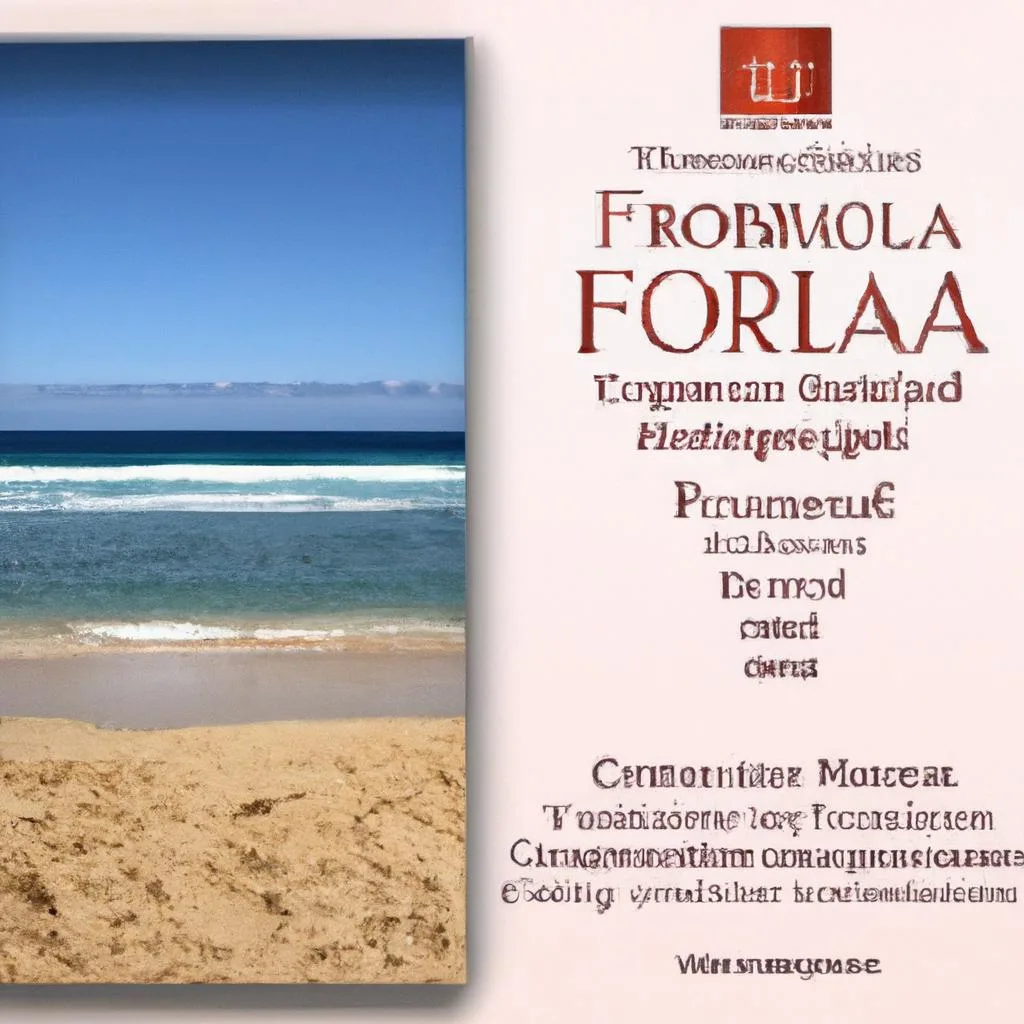Navigating probate proceedings can be daunting for those who are unfamiliar with the legal landscape. In probate, there are two paths to consider: formal and informal proceedings. Understanding the differences between these two routes is essential for effectively managing the distribution of an estate. In this article, we will delve into the nuances of formal and informal probate proceedings, shedding light on their intricacies. As experienced practitioners at Morgan Legal Group in New York City, we bring our expertise in estate planning, probate, elder law, wills, and trusts to guide you through this process.
Formal Probate Proceedings: A Detailed Overview
In formal probate proceedings, the court oversees the entire process of probating a will and administering the estate. This type of probate is more structured and involves more court involvement compared to informal proceedings.
One key difference between formal and informal probate proceedings is that formal probate requires a court hearing, where evidence may be presented, witnesses may testify, and objections may be raised. In contrast, informal probate typically involves minimal court involvement and may be completed without a formal hearing. Additionally, formal probate proceedings may take longer to complete due to the court’s involvement and oversight.
Key Differences in Court Supervision
There are significant differences in court supervision between formal and informal probate proceedings. Formal probate involves a more structured and regulated approach, while informal probate offers a streamlined process.
One major difference is the level of court involvement. In formal probate, the court oversees the entire process, including appointing a personal representative and distributing assets. In contrast, informal probate allows for minimal court intervention, with most decisions being made by the personal representative.
Benefits of Informal Probate for Efficiency
Understanding the differences between formal and informal probate proceedings is crucial in determining the most efficient route for settling an estate. One significant benefit of informal probate is its streamlined and expedited process compared to formal proceedings. This efficiency can save time, money, and resources for both the estate and beneficiaries.
Informal probate also tends to be less burdensome on the court system, as it involves less court supervision and fewer formalities. Additionally, informal probate allows for a more flexible approach, providing the executor with more independence to manage and distribute the estate assets. This increased autonomy can lead to quicker resolution of the estate, ultimately benefiting all involved parties.
Recommendations for Choosing the Right Process
When choosing between formal and informal probate proceedings, there are several factors to consider in order to make the right decision. Here are some recommendations to help you navigate this process:
- Complexity of the estate: Formal probate proceedings are typically required for more complex estates, while informal probate proceedings may be sufficient for simpler estates.
- Speed of the process: Formal probate proceedings may take longer due to court involvement, while informal probate proceedings can be quicker as they are less formal.
- Cost: Formal probate proceedings may be more expensive due to court fees and legal representation, while informal probate proceedings may be more cost-effective.
- Family dynamics: If there are contentious relationships within the family, formal probate proceedings may provide a more structured and impartial process.
Q&A
Q: What are formal probate proceedings?
A: Formal probate proceedings are court-supervised processes used to validate a will, appoint an executor, and distribute assets to beneficiaries.
Q: What are informal probate proceedings?
A: Informal probate proceedings are simpler, faster processes that don’t require as much court oversight. They are typically used when there are no disputes over the will or estate.
Q: What are the main differences between formal and informal probate proceedings?
A: The main differences between formal and informal probate proceedings are the level of court involvement, the timeline for resolution, and the complexity of the process. Formal probate proceedings involve more court oversight and can take longer to complete, while informal probate proceedings are quicker and simpler.
Q: When should someone choose formal probate proceedings over informal probate proceedings?
A: Formal probate proceedings may be necessary if there are disputes over the will or estate, complex legal issues, or concerns about the validity of the will. The court’s guidance and oversight can help ensure a fair resolution in these cases.
Q: Are there any advantages to choosing informal probate proceedings?
A: Informal probate proceedings are generally quicker, less expensive, and more private than formal probate proceedings. They are often a good choice when the estate is straightforward, and all parties agree on the terms of the will.
In Conclusion
Understanding the distinctions between formal and informal probate proceedings is crucial when navigating the legal estate administration process. Whether you are seeking a more streamlined and cost-effective approach or require a more structured and supervised method, knowing the options available can help you make informed decisions. By being aware of the differences between the two, you can better prepare yourself for the probate process. Remember, each situation is unique, so it is important to consult with a legal professional to determine the best course of action for your specific circumstances.
 What are the Differences Between Formal and Informal Probate Proceedings?
What are the Differences Between Formal and Informal Probate Proceedings?
Probate proceedings are a necessary part of administering someone’s estate after their passing. During this process, a court will review the deceased’s assets, debts, and requests for distribution of their property to heirs and beneficiaries. This process ensures that the deceased’s final wishes are honored and their assets are appropriately distributed.
There are two types of probate proceedings: formal and informal. While both serve the same purpose, there are some key differences that individuals and families should be aware of when navigating the probate process. In this article, we will discuss the differences between formal and informal probate proceedings and how to determine which approach may be best for your specific situation.
Understanding Formal Probate Proceedings
Formal probate proceedings, also known as “supervised probate,” involve a more structured and supervised court process. An individual, usually a family member or a designated personal representative, must file a petition with the probate court to begin the formal probate process. This petition must include a list of all the deceased’s assets, the estimated value of the estate, and the potential beneficiaries.
From there, the court appoints an executor or personal representative to oversee the distribution of the estate. This individual is responsible for settling any debts, such as taxes and funeral expenses, and handling any legal matters related to the estate. They must also submit regular reports to the court, and the entire process is closely monitored by a judge.
Benefits of Formal Probate Proceedings
The formal probate process provides a high level of oversight and supervision, which can be beneficial in certain situations. Here are a few examples of when formal probate may be necessary or preferred:
1. When there is a dispute among beneficiaries: Formal probate can help resolve any conflicts or disagreements that may arise among family members or beneficiaries.
2. Complex or high-value estates: If the estate is large or involves complicated assets, such as businesses or multiple properties, the formal probate process can provide a more structured approach to managing and distributing these assets.
3. Protection from liability: The court’s oversight can also help protect the executor or personal representative from any potential legal or financial liability.
Understanding Informal Probate Proceedings
Informal probate proceedings, also known as “unsupervised probate,” are a less formal approach to probate. In this case, there is no court involvement or oversight, and the process is typically handled by the executor or personal representative with minimal intervention from the court.
The process begins with the filing of a petition for informal probate and the submission of a list of assets and estimated value to the court. Once approved, the executor can distribute the assets according to the deceased’s final wishes and settle any outstanding debts or taxes. The executor must also submit a final report to the court, but it’s less detailed than in a formal probate case.
Benefits of Informal Probate Proceedings
Informal probate proceedings offer a more streamlined and efficient process compared to formal probate. Some examples of when informal probate may be a preferred option include:
1. Small or simple estates: When the estate is relatively small and straightforward, informal probate can provide a simpler and more efficient way to distribute assets.
2. Absence of disputes: If there are no conflicts among family members or beneficiaries, informal probate can help avoid any potential delays or complications.
3. Cost-effective: Without court involvement, informal probate can be a less costly option for distributing an estate.
Which Type of Probate is Best for You?
Determining which type of probate is best for your situation will depend on various factors, including the size and complexity of the estate, the relationship between beneficiaries, and the preferences of the deceased. In some cases, the deceased may have specified in their will whether they want the estate to go through formal or informal probate. However, if not stated, the decision may fall on the executor or personal representative.
In some states, informal probate may not even be an option if there are disputes or certain complexities involved. It’s crucial to consult with an experienced probate attorney to understand the requirements and options in your state and assess which approach may be best for your specific situation.
In conclusion, formal and informal probate proceedings are two different ways of administering a deceased’s estate. Formal probate provides more supervision and structure, while informal probate is a more streamlined and cost-effective approach. Choosing the right type of probate is essential, and consulting with a probate attorney can help ensure the process runs smoothly and according to the deceased’s final wishes.

